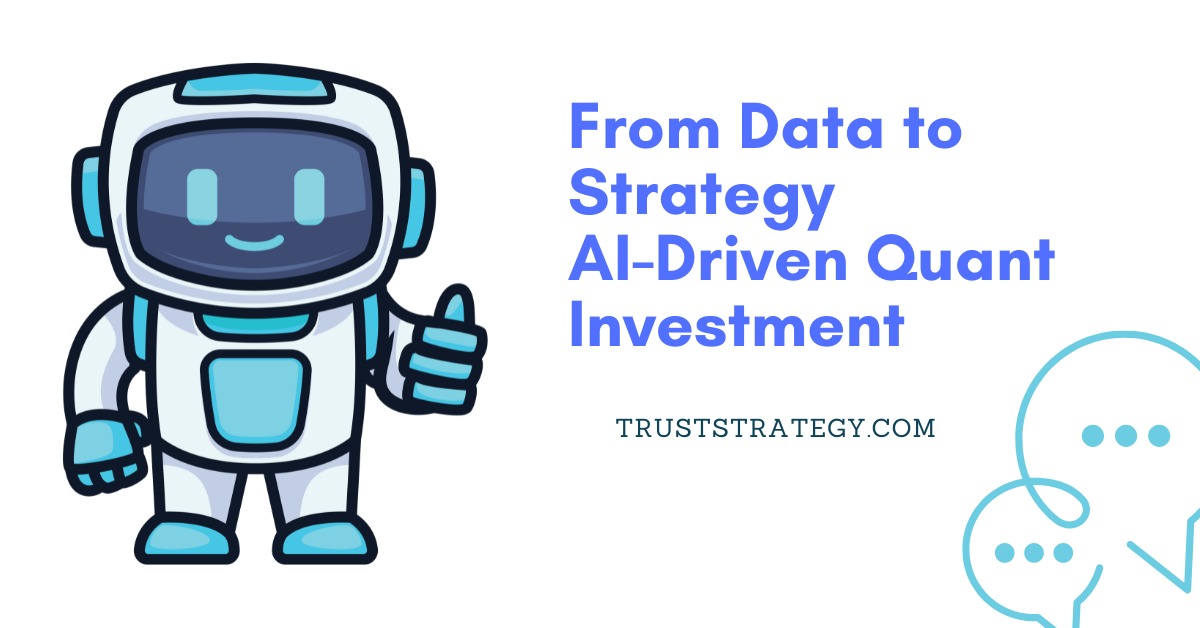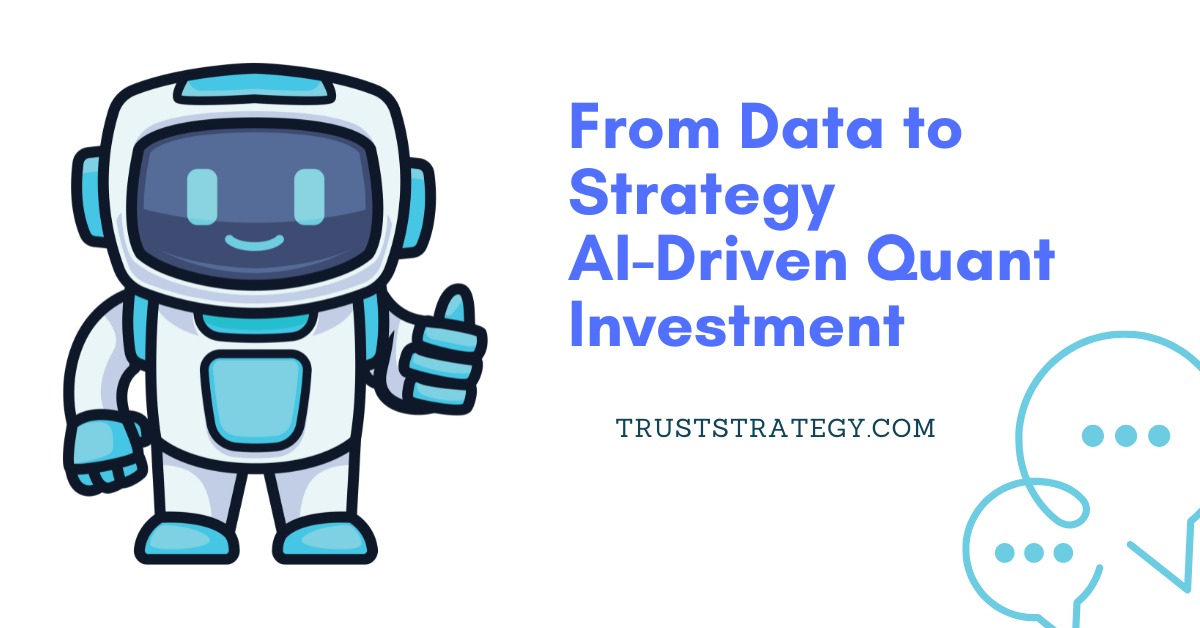
As Ethereum continues its evolution toward a more sustainable and decentralized infrastructure, staking has emerged as a fundamental mechanism — not only for securing the network but also for redefining how value is earned and distributed. One of the most promising applications of Ethereum staking is in payroll systems, where recurring, blockchain-based payments offer transparency, automation, and global accessibility.
This article analyzes the current trends in Ethereum staking and how platforms like HashStaking and GeekStake, along with others, are paving the way for staking to intersect with crypto payroll management in 2025.
Why Ethereum Staking Matters for Payroll
Staking Ethereum means locking up ETH in a smart contract to help validate transactions and secure the network — in return, users earn rewards. These predictable, periodic returns mimic the structure of salary payments, making staking highly compatible with automated crypto payroll systems.
Staking platforms now increasingly integrate APIs, dashboards, and financial tools designed to support regular payment distributions, making it easier for employers to use staking rewards as part of employee compensation.
Top Ethereum Staking Platforms Enabling Payroll Innovation in 2025
1. HashStaking
HashStaking is a professional-grade Ethereum staking platform known for its institutional partnerships and performance consistency. In 2025, it stands out for its support of crypto-based payroll systems through:
- Fixed-yield staking pools ideal for predictable payout structures.
- Enterprise-focused APIs for payroll automation.
- Transparent validator reporting, aligning with compliance needs.
HashStaking positions itself not just as a staking solution, but as a financial layer for Web3 organizations managing decentralized teams.
2. GeekStake
GeekStake combines robust Ethereum staking infrastructure with developer-friendly features. It’s particularly favored by startups and remote teams using crypto for payroll, thanks to:
- Real-time dashboard access for viewing staking progress and calculating expected yields.
- Support for micro-distributions, ideal for bi-weekly or task-based payouts.
- Staking-as-a-Service APIs, allowing seamless integration with crypto payroll tools.
By focusing on flexible architecture, GeekStake enables lean companies to experiment with incentive-based compensation on Ethereum.
3. StakeWise
StakeWise offers a unique tokenized staking model (sETH2), making it easier to use staking rewards without unbonding. It fits well into crypto payroll systems due to:
- Liquidity of staking tokens for real-time payroll funding.
- Dual-token system separating principal from rewards.
- User-controlled vaults, offering more control over how rewards are used or distributed.
StakeWise serves as a bridge between DeFi and Web3 HR operations.
4. Lido
Lido remains one of the most popular Ethereum liquid staking solutions. In payroll contexts, it’s valuable because of:
- Mass adoption and high security, making it reliable for institutional use.
- StETH token utility, which can be directly used for compensation or as collateral.
- Deep DeFi integrations, allowing payroll systems to link with lending or bonus incentives.
Lido is a safe choice for large DAOs and companies managing multiple payment channels.
5. P2P.org
Known for enterprise staking services, P2P.org offers secure Ethereum staking nodes with a focus on regulatory compliance. For crypto payroll setups, it offers:
- Dedicated staking infrastructure, minimizing risks and maximizing uptime.
- Multi-user dashboards, ideal for managing team-wide staking and payments.
- KYC-friendly architecture, helpful for navigating regional payroll regulations.
P2P.org is best suited for regulated businesses that want staking to integrate with official financial reporting.
Comparison Table: Ethereum Staking Platforms & Payroll Compatibility
| Platform | Key Feature | Payroll Compatibility | Token Liquidity | Best For |
|---|---|---|---|---|
| HashStaking | Fixed-yield pools & enterprise APIs | High – Built-in payroll automation | Medium | DAOs, Remote Teams |
| GeekStake | Real-time dashboards & micro payouts | High – Flexible & developer-friendly | Medium | Startups, Task-based Teams |
| StakeWise | Tokenized rewards (sETH2) | Medium – Easy reward access | High | DeFi-integrated Payroll Systems |
| Lido | Widely adopted liquid staking (stETH) | Medium – Bonus & incentive structures | Very High | Large Orgs & DAOs |
| P2P.org | Compliant enterprise-grade staking | Medium – KYC-friendly payouts | Low | Regulated Companies |
Final Thoughts
Ethereum staking is no longer just a passive income tool — it’s a foundation for innovative financial systems, including payroll. As more companies embrace Web3 and remote work, the demand for transparent, automated, and blockchain-based salary solutions will rise.
Platforms like HashStaking and GeekStake are leading this transformation with staking services tailored for compensation systems, offering both stability and adaptability. Whether you’re a DAO, startup, or enterprise, exploring staking-based payroll can unlock new efficiencies and financial transparency in 2025.





